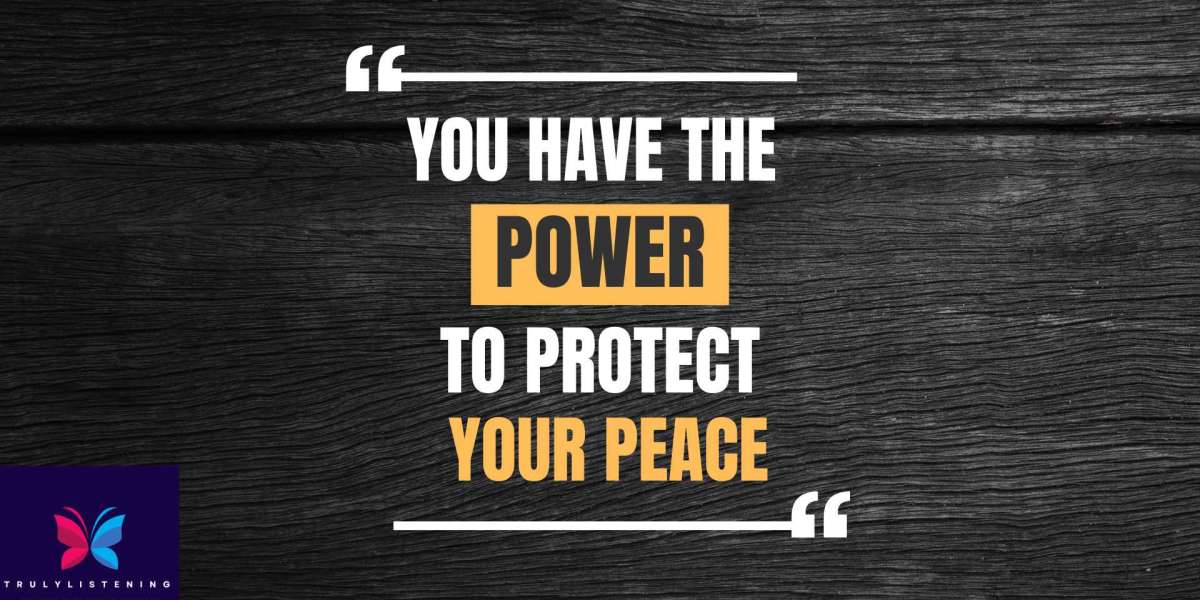Let's dig into the world of positive psychology and how we can use those principles to bring and keep peace in our lives!
Positive psychology is the practice of focusing on the world of knowing and building your strengths, self-compassion, walking with flow and generally the study and research of what makes it amazing to be human!
My job is to make it applicable in real life instead of leaving it as research!
So what does finding your peace and holding it mean to you? For me, this was a hard question I had not discovered what peace meant to me, or joy or happiness really.
So start there sit and find what peace feels like, look back at your life, month, week and find moments of peace. It's always a good place to start, lets explore more how to find this space and keep it within your life so it's common instead of something we have to search for!
Mindfulness: The Foundation of Inner Peace
Mindfulness is the practice of being fully present in the moment, without judgment. By cultivating mindfulness, you can reduce stress and increase your sense of well-being. Simple practices such as mindful breathing, meditation, or even mindful walking can anchor you in the present and prevent your mind from wandering into the realms of anxiety and worry.
Often I find that people think mindfulness is limited to moments but truthfully living in the present space with mindfulness can become more of your life than not. Instead of sitting in the past or the future spend the time in your body and bring awareness into your movements, breath, and sensory inputs!
Tip: Start your day with a few minutes of mindful breathing. Focus on the sensation of your breath entering and leaving your body. This simple practice can set a peaceful tone for the rest of your day.
Gratitude: Shifting Focus to Positivity
Gratitude is a powerful tool in positive psychology. By actively recognizing and appreciating the good in your life, you can shift your focus away from negativity and stress. Keeping a gratitude journal, where you write down three things you are grateful for each day, can help you build a more positive outlook.
How does this work? I often find that looking out for those three things becomes a habit and I end up thinking ooo that’s something I can add to my gratitude journal, you are programming your mind to look for gratitude! An adjustment of this for teenagers and children is often for me to turn it into taking pictures throughout the day or creating drawings of things they have seen in the day!
Tip: Each evening, reflect on your day and jot down moments, people, or things that brought you joy. This practice can enhance your overall sense of happiness and peace.
Setting Boundaries: Guarding Your Mental Space
One of the key aspects of protecting your peace is learning to set healthy boundaries. Whether it’s at work, with family, or in your social life, knowing when to say no is crucial. Boundaries help prevent burnout and ensure that you have the time and space needed for self-care.
How often do you say no?
Tip: Take a moment to identify areas in your life where you feel overwhelmed. Decide on specific boundaries you can set, such as limiting work hours or designating personal time, and communicate these boundaries clearly to others.
Positive Relationships: Surrounding Yourself with Support
The people you surround yourself with have a significant impact on your peace. Positive, supportive relationships can uplift you, while toxic relationships can drain your energy. Cultivating a network of supportive friends and family can provide you with a strong foundation of peace and stability.
This can feel difficult especially when your family and friends can feel more important than your peace. If you cannot bring yourself to completely distance yourself form negative spaces make sure that you have your energy protected and have prepared yourself with some balance, for example, have a phone call with someone who uplifts you ready to go afterwards
Tip: Evaluate your current relationships and seek to strengthen connections with those who support and uplift you. Don’t be afraid to distance yourself from negative influences.
Self-Compassion: Being Kind to Yourself
Self-compassion involves treating yourself with the same kindness and understanding that you would offer a friend. Instead of harsh self-criticism, practice self-forgiveness and gentle encouragement. This shift in self-talk can greatly enhance your emotional well-being and inner peace.
Self-compassion is a huge area of positive psychology, you are mixing common humanity, mindfulness and self-kindness to create a safe space for you!
Tip: When you encounter a personal failure or setback, pause and consider how you would comfort a friend in the same situation. Then, direct those compassionate words and feelings towards yourself.
Embrace Your Power and Protect your Peace!
Remember, the power to protect your peace lies within you. By integrating these positive psychology practices into your daily life, you can create a personal sanctuary of calm and contentment, regardless of external chaos. Embrace your power, take intentional steps, and watch as your inner peace flourishes








